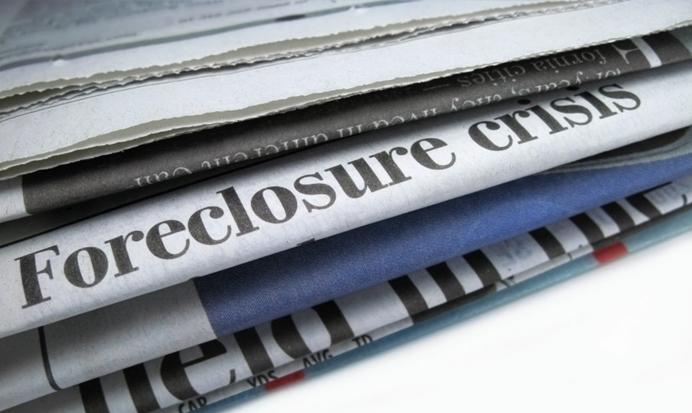
Foreclosure Crisis Hits Home for All
In the years since South Florida’s housing market began its historic crash, a debilitating ripple effect has spread to many of the region’s institutions, sparking a number of satellite problems, ranging from fabricated foreclosure documents to faulty mortgage note transfers.
Major lenders, local governments and county courts have spent the last three years trying to deal with the fallout from the housing crisis. Each institution quickly found out it was unprepared and undermanned to handle the crisis, and most have been trying to play catchup ever since.
“I don’t think they realized how long it was going to extend and how deep it was going to go,” said Shari Olefson, a Fort Lauderdale lawyer and author of Foreclosure Nation. “People made mistakes rushing into the crisis, but I think people are making the same mistakes trying to rush out of it.”
Banks losing track of mortgage notes and foreclosure law firms fabricating documents are perfect examples of those mistakes, she said.
As institutions have struggled to adjust to the housing downturn, distressed homeowners have borne the brunt of the crisis, falling prey to long wait times, lost documents and, in some cases, fraud.
The long-term impact of these institutional log-jams remains to be seen, but housing analysts say the robo-signing scandal, modification mix-ups and growing foreclosure case backlogs are likely to extend the housing downturn for years to come.
The foreclosure process now takes nearly two years to run its course in Florida, meaning the local court system will be dealing with this crisis long after the default rate returns to normal.
And major banks have spent much of the past three months retooling their foreclosure processes — under the watchful eye of 50 attorneys general that have launched an investigation of lender malpractice in foreclosure cases. The investigation may result in some kind of settlement, forcing the banks to significantly reform their practices.
When the housing and lending markets will return to a pre-boom normalcy — or if they ever will — is anyone’s guess.
LENDERS
By the time the housing crisis hit full swing in 2008, the nation’s largest banks were struggling just to remain solvent as the financial system was on the brink of collapse.
Given a shot in the arm by a taxpayer bailout of $700 billion, banks quickly focused their efforts on facing the worst mortgage meltdown in recent memory, hiring scores of mortgage counselors, call center reps and loan specialists.
But the deluge of defaulting loans overwhelmed most lenders, and the complaints of several distressed homeowners paint a picture of a chaotic banking system prone to losing documents, spreading misinformation and foreclosing under questionable circumstances.
Patricia Taime, of West Broward County, said she spent 18 months trying to get a mortgage modification from Wells Fargo after her income decreased due to an illness.
“I sent them my information at least 10 times,” said Taime, who was eventually denied and is now facing foreclosure. “They lost the papers. Each time they said they couldn’t find any of the documents. It’s a facade.”
A Wells Fargo spokesman said that while the banking industry was not initially prepared to deal with the deluge of modification requests, the lender had become much more organized in the last year.
~


No Comment